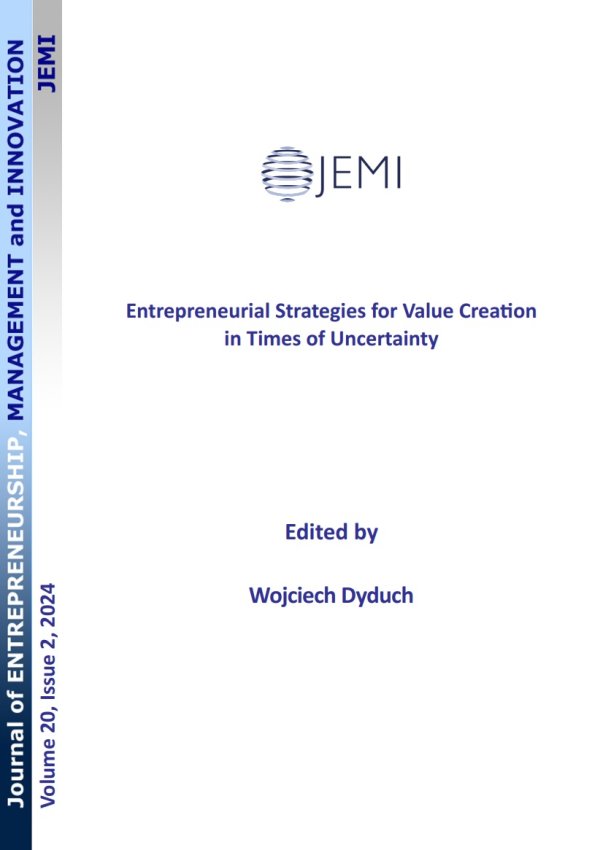Manuel González-López, Ph.D., Lecturer and Researcher of Economics, ICEDE Research Group, University of Santago de Compostela, Department of Applied Economics, 15782 Santago de Compostela, Spain, This email address is being protected from spambots. You need JavaScript enabled to view it..
Ivano Dileo, Ph.D. Lecturer in Economics, University of Bari, Department of Political Science, University of Bari, 70121 Bari, Italy, This email address is being protected from spambots. You need JavaScript enabled to view it..
Francesco Losurdo, Professor of Economics, University of Bari, Department of Political Science, University of Bari, 70121 Bari, Italy, This email address is being protected from spambots. You need JavaScript enabled to view it..
Abstract
Universities are one of the key actors within national and regional innovation systems. The nature of university-industry collaboration has changed during the last decades and it varies across countries and regions. Different factors determine the interaction among both organizations, from those related to the industrial structure of the territory to others related to institutional and legal frameworks. In this paper we aim at adding to the understanding of this process based on the comparison between two European regions, Apulia in Italy and Galicia in Spain. Our results show that a progressive transition from a separated to a more integrated approach has occurred at the relational framework affecting universities and industry in both regions. Public policies, particularly from the regional level, have been relevant for promoting university-industry collaboration in Galicia and Apulia. Nevertheless, there still remain cultural and institutional barriers, both from the academy and business sphere, which impede a closer and more fruitful interaction. Besides, the poor innovative culture of traditional industries which dominate in both regions, might affect university-industry interaction. However, an adjustment of the university offer in terms of research is also needed as we observe that collaboration is too much biased by the university scientific and departmental specialization and too little by local and regional industrial specialization.
Keywords: University, industry, collaboration, regions.






